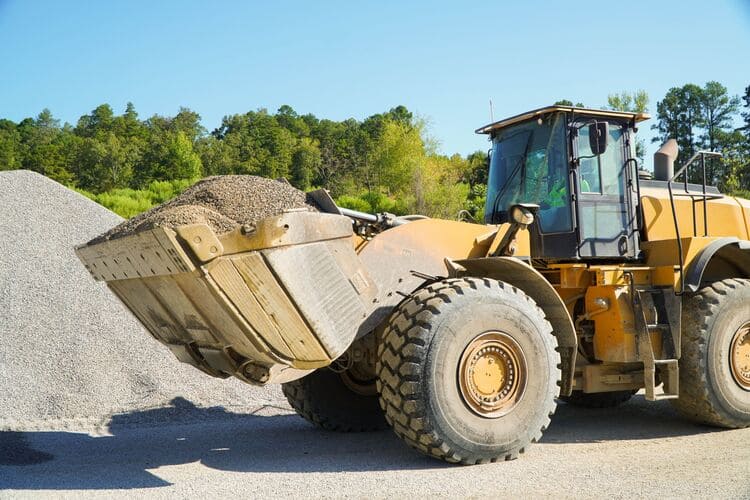The construction industry offers numerous reliable and well-paying jobs, making it a great option for those seeking to support themselves and their families. However, many roles require specific licenses and certifications to ensure safe operation of heavy machinery. Understanding the required certifications can help you prepare for the job and meet its demands.
Why are special licenses required for construction jobs?
You might wonder, “Operating machinery doesn’t seem too hard—why do I need a license or certification? Can’t I just learn on the job?”
The answer lies in safety regulations. Licenses and certifications for operating heavy machinery are mandated by the Occupational Safety and Health Act of 1970 (OSHA). OSHA was created to ensure workers’ safety by requiring proper training and education for job duties, particularly in potentially hazardous environments.
Without these certifications, operating heavy machinery could lead to higher risks of accidents and even fatalities. Untrained or inexperienced workers pose significant safety threats to themselves and others. Licensing requirements are in place to prevent these dangers and ensure a safer worksite. In short, certifications help keep everyone on the job site safe by preventing avoidable accidents.
What kinds of licenses might I need to work in the construction industry?
A heavy equipment operator certification is necessary for many construction roles. In Arkansas, for example, heavy machinery operators must obtain this certification, which costs $100 annually. Certification requires completing a training program, typically available through community colleges or technical schools.
If you’ll be operating machinery that weighs more than 10,000 pounds, you’ll also need a commercial driver’s license (CDL). There are three classes of CDLs:
- Class A: Allows operation of multiple vehicles over a specified weight limit.
- Class B: Permits operation of a single vehicle over a certain weight.
- Class C: Covers all other vehicles exceeding weight limits that aren’t included in Class A or B licenses.
Additionally, a CDL can authorize you to operate hazardous materials (hazmat) equipment or other specialized vehicles.
Crane operators require separate certification, which involves passing both a written exam and a practical test.

Are there any construction jobs that don’t require a license?
Yes, some construction jobs don’t require a specialized license. For example, machinery like skid steers or backhoes can often be operated without formal certification. However, if you’re committed to building a long-term career in construction, obtaining relevant licenses and certifications will significantly enhance your job prospects and earning potential.
Where should I start if I want to work in construction?
RedStone Construction Group has many exciting job opportunities available! To apply, simply text REDSTONE to 22100, or visit our Careers page. For any questions, feel free to give us a call!


Recent Comments